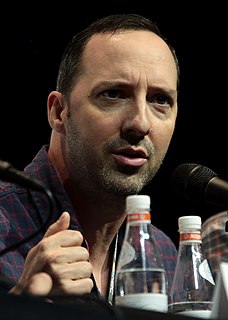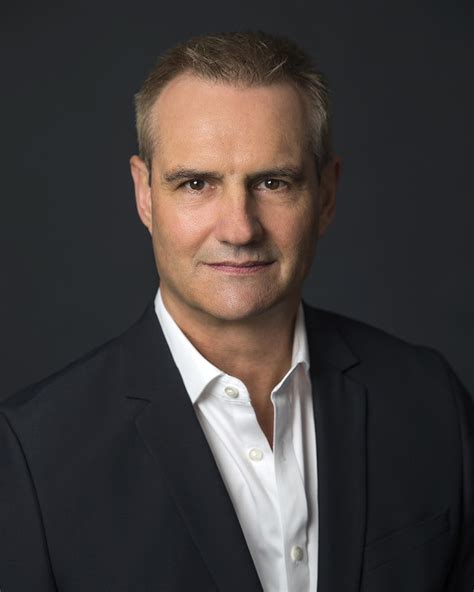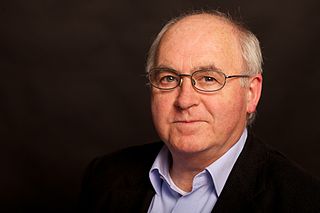A Quote by Temple Grandin
In fact, there are autism clusters, you know, around some of the big tech centers. You take two socially awkward computer programmers and put them together, that can kind of concentrate the autistic genes.
Related Quotes
You take somebody - one person has definitely got autism, you got another person that maybe has some of those traits and maybe there's some anxiety, depression, some epilepsy or something in the family history. Put them together, you're more likely to have a severely autistic kid than if you don't have any neurological problems in the family history.
I was nonverbal until I was four years old. Back in the 50s, I was the kind of kid they used to just put away in an institution. But then you get the milder autism where there's no speech delay, but they're socially awkward. Those kids were around when I was a child. They were just called geeks and nerds.
I'm socially awkward. What draws me to playing socially awkward characters? I think they're interesting. I'm fascinated kind of by - I mean, I know I'm sure I've got my own social awkwardness but I'm kind of fascinated by that and I lived, probably, I attribute it - I lived in New York for a long time, road the subways, saw a lot of awkwardness, but they're just interesting. They're not cookie cutter. They're usually very colorful characters. They see things different ways and, I don't know, its just a kind of - just a kind of life that interesting to me.
Research demonstrates that autistic traits are distributed into the non-autistic population; some people have more of them, some have fewer. History suggests that many individuals whom we would today diagnose as autistic - some severely so - contributed profoundly to our art, our math, our science, and our literature.
I think that if I could do any sort of research of autism that I wanted to do, at this point I would take a sample of classic, early infantile autism persons and compare them with what I call "classic late onset autism", individuals. I think we will find that the cause of those youngsters with autism who have autism from birth is probably different than those who have late onset autism.
It's a very complex network of genes making products which go into the nucleus and turn on other genes. And, in fact, you find a continuing network of processes going on in a very complex way by which genes are subject to these continual adjustments, as you might say - the computer programmer deciding which genes ultimately will work.






























